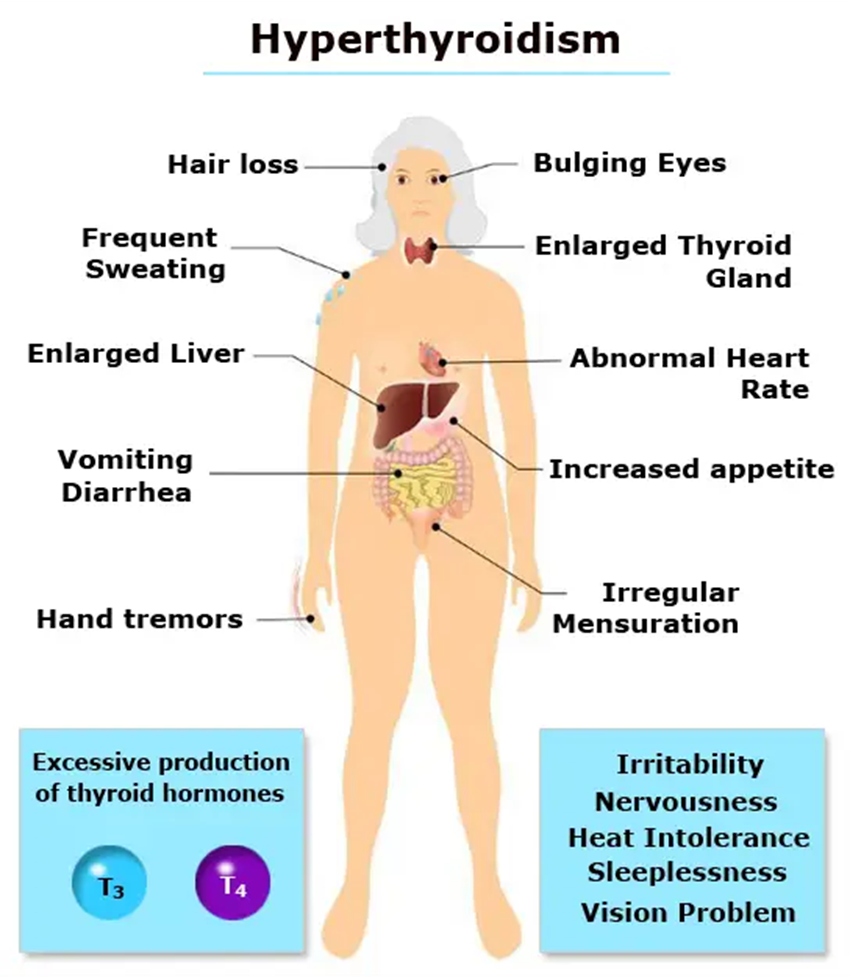A diabetes educator is teaching a patient about type 2 diabetes. The educator recognizes that the patient understands the primary treatment for type 2 diabetes when the patient states what?
"I will make sure I call the diabetes educator each time I adjust my insulin dose."
"I read that a pancreas transplant will provide a cure for my diabetes."
"I will make sure to follow the weight loss plan designed by the dietitian."
"I will take my oral anti-diabetic agents when my morning blood sugar is high."
The Correct Answer is C
A. "I will make sure I call the diabetes educator each time I adjust my insulin dose."
This statement suggests a reliance on insulin adjustment and implies frequent contact with the diabetes educator. However, it doesn't address the primary treatment for type 2 diabetes.
B. "I read that a pancreas transplant will provide a cure for my diabetes."
This statement mentions a pancreas transplant, which is a significant and rare intervention typically reserved for severe cases of diabetes. However, it's not considered the primary treatment for type 2 diabetes.
C. "I will make sure to follow the weight loss plan designed by the dietitian."
This statement aligns with a key aspect of managing type 2 diabetes, as weight management, along with diet and exercise, is a primary approach. Lifestyle modifications, including weight loss, are often part of the primary treatment plan.
D. "I will take my oral anti-diabetic agents when my morning blood sugar is high."
This statement indicates an understanding of the importance of oral anti-diabetic agents, which are commonly used in the management of type 2 diabetes. Timing medication based on blood sugar levels is a key aspect of treatment.
Nursing Test Bank
Naxlex Comprehensive Predictor Exams
Related Questions
Correct Answer is A
Explanation
A. Erythropoietin (Epogen):
Explanation: Erythropoietin is a hormone that stimulates the production of red blood cells. In chronic kidney disease, especially when associated with anemia, the production of erythropoietin by the kidneys may be reduced. Erythropoietin (Epogen) is commonly used to stimulate the production of red blood cells and manage anemia in patients with chronic kidney disease.
B. Eltrombopag (Promacta):
Explanation: Eltrombopag is a medication used to stimulate the production of platelets and is primarily indicated for conditions associated with thrombocytopenia (low platelet count). It is not used to treat anemia associated with chronic kidney disease.
C. GM-CSF (Leukine):
Explanation: Granulocyte-macrophage colony-stimulating factor (GM-CSF or Leukine) is a medication that stimulates the production of white blood cells and is used in certain conditions to address decreased white blood cell counts. It is not typically used for managing anemia.
D. Thrombopoietin (TPO):
Explanation: Thrombopoietin is a hormone that stimulates the production of platelets. Medications that mimic the action of thrombopoietin, such as romiplostim and eltrombopag, are used to treat thrombocytopenia. Thrombopoietin is not used for the treatment of anemia.
Correct Answer is A
Explanation
A. Frequent mood changes:
This is correct. Hyperthyroidism is associated with increased levels of thyroid hormones, which can affect the nervous system and lead to mood changes, including irritability and anxiety.
B. Weight gain of 11 lbs in 3 weeks:
Weight loss is more characteristic of hyperthyroidism due to increased metabolism. Rapid weight gain is not typical.
C. Sensitivity to cold:
Sensitivity to cold is more characteristic of hypothyroidism, where there is a deficiency of thyroid hormones.
D. Constipation:
Constipation is more commonly associated with hypothyroidism, where there is a slowing of the digestive system.

Whether you are a student looking to ace your exams or a practicing nurse seeking to enhance your expertise , our nursing education contents will empower you with the confidence and competence to make a difference in the lives of patients and become a respected leader in the healthcare field.
Visit Naxlex, invest in your future and unlock endless possibilities with our unparalleled nursing education contents today
Report Wrong Answer on the Current Question
Do you disagree with the answer? If yes, what is your expected answer? Explain.
Kindly be descriptive with the issue you are facing.
